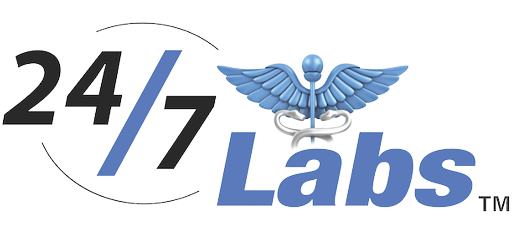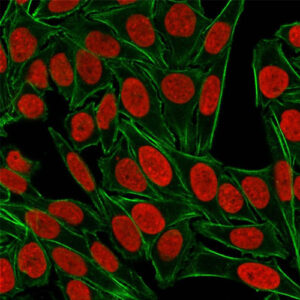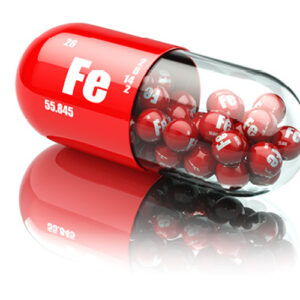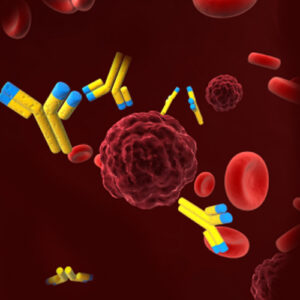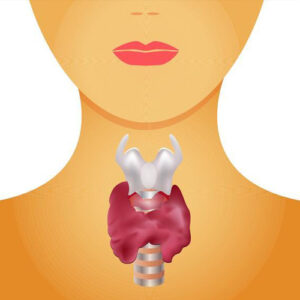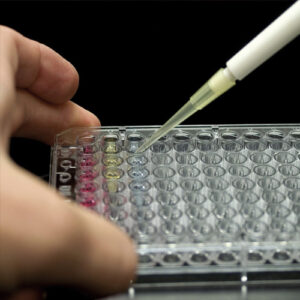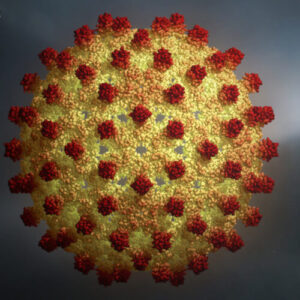Skip to content
-
-
- Individual Testing
-
$149.00
- Helps diagnose and distinguish between autoimmune disorders. Testing usually follows a positive ANA test when the individual exhibits symptoms related to an autoimmune disorder.
- Add to cart
-
-
-
-
- Individual Testing
-
$40.00
- Assesses iron stores in the body. In conjunction with other iron testing this test is useful for detecting iron deficiency or iron overload. Testing is utilized to assess symptoms related to iron deficiency anemia. Symptoms include weakness, dizziness, headaches, chronic fatigue, and pale skin. Fasting may be required before testing
- Add to cart
-
-
- Individual Testing
-
$189.00
- Evaluates the level and function of fibrinogen in relation to possible bleeding disorders, abnormal bleeding disorders, abnormal fibrinolysis, and sometimes used to determine an individual’s overall risk of developing cardiovascular disease. Two types of testing are commonly used to evaluate Fibrinogen. Fibrinogen Activity: Measures the ability and function of fibrinogen to convert into insoluble fibrin. Fibrinogen Antigen: Determines if decreased…
- Add to cart
-
-
- Individual Testing
-
$70.00
- In conjunction with other hormone testing the FSH test evaluates the cause of infertility issues, helps diagnose conditions associated with the dysfunction of reproductive organs (ovaries or testicles), and aids in the diagnosis of pituitary or hypothalamic disorders.
- Add to cart
-
-
- Individual Testing
-
$39.00
- Evaluates the thyroid gland function and helps diagnose hyperthyroidism and hypothyroidism. Useful in monitoring treatment of an individual with a known thyroid disorder.
- Add to cart
-
-
- Individual Testing
-
$99.00
- Evaluates the thyroid gland function and helps diagnose hyperthyroidism. Useful in monitoring treatment of an individual with a known thyroid disorder.
- Add to cart
-
-
-
-
- Family Health
-
$39.00
- Screens for IgM antibodies in the blood. The transmission has been linked to the consuming of contaminated food or water.
- Add to cart
-
-
- Family Health, STD
-
$79.00
- An infection of the liver caused by the Hepatitis B virus. Symptoms can vary but may include yellowing of the eyes, dark urine and abdominal pain. Testing involves the collection of a blood sample.
- Add to cart
